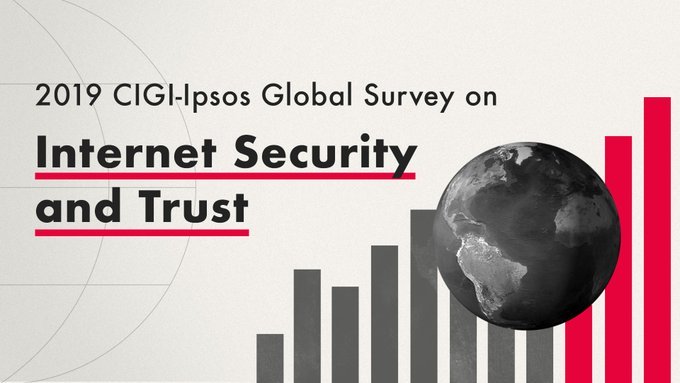
The poll—which relied on both in-person and online interviews between December 21, 2018 and February 10, 2019 on behalf of the Centre for International Governance Innovation (CIGI) – said that 86% of internet users world-wide have been duped by fake news, most of it spread on Facebook.
CIGI is pleased to announce the 2019 CIGI-Ipsos Global Survey on Internet Security and Trust. View this year’s findings here: https://t.co/2zfmzag4X1 #internetsurvey2019 pic.twitter.com/J92INUY3S7
— CIGI (@CIGIonline) June 11, 2019
Respondents said they want both governments and social media companies to crack down on these activities, which are contributing to a growing distrust of the internet as well as negatively impacting economies and political discourse.
According to the annual Ipsos survey of more than 25,000 internet users in 25 countries, the United States takes the lion’s share of the blame for spreading fake news, followed by Russia and China. Fake news appeared to be most prevalent on Facebook, but also appears on YouTube, blogs and Twitter.
The survey results showed people in Egypt were the most gullible, while respondents in Pakistan were the most sceptical. It also revealed widespread distrust of social media companies and growing concerns over online privacy and biases baked into algorithms used by internet companies.
“This year’s survey of global attitudes not only underscores the fragility of the internet, but also netizens’ growing discomfort with social media and the power these corporations wield over their daily lives,” CIGI’s Fen Osler Hampson said in a statement.




1736727549-0/booktok-(1)1736727549-0-165x106.webp)


















COMMENTS
Comments are moderated and generally will be posted if they are on-topic and not abusive.
For more information, please see our Comments FAQ